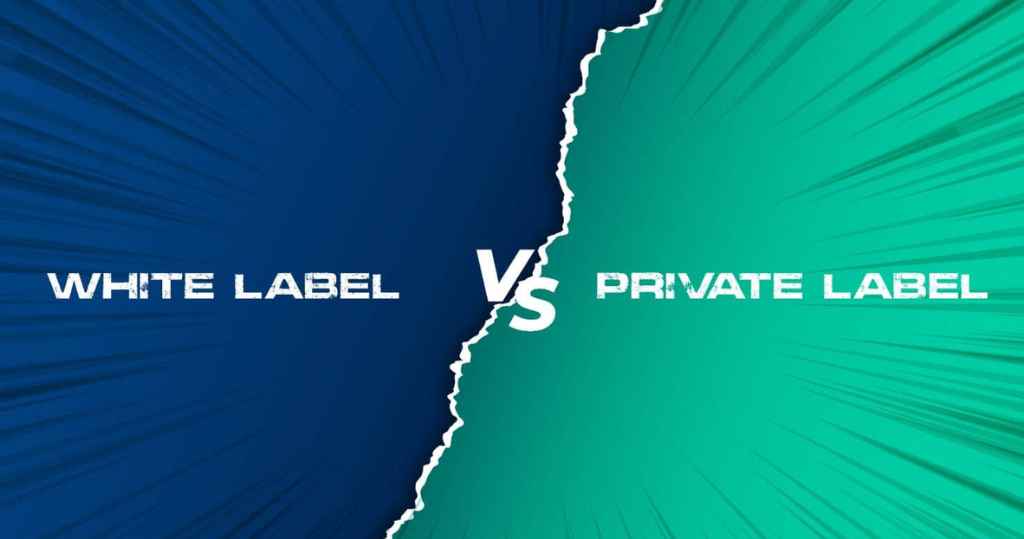CRMs: White Label or Private Label
Blog Home ◂ White Label ◂ CRMs: White Label or Private Label
(Article Updated: 3/31/2025)
Offering a robust CRM as part of your service suite can significantly enhance your value proposition. Whether you're a marketing agency, a consultancy, or a business looking to provide specialized software, you'll encounter choices: building from scratch, private labeling, or white labeling. This post revisits the distinctions between private and white labeling, considering the current market.
Private Label CRM: Tailored to Your Vision
Private labeling involves commissioning a software development firm to create a completely custom CRM. This approach offers unparalleled control, allowing you to dictate every aspect of the software, from features and UI/UX to branding and marketing.
Advantages of Private Labeling:
Complete Customization: You get a CRM precisely tailored to your specific needs and workflows.
Unique Product: Differentiate yourself with a bespoke solution not available elsewhere.
Ownership: Once developed, you own the software, eliminating ongoing licensing fees.
Leverage Expertise: Partner with experienced developers to build a high-quality product.
Disadvantages of Private Labeling:
High Development Costs: Custom development can be a significant financial investment.
Long Development Time: Building a CRM from scratch can take considerable time, delaying market entry.
Market Uncertainty: A custom product might require extensive testing and iteration to achieve market acceptance.
Finding Reliable Developers: Ensuring you select a software development company that can deliver the product that you envision is difficult.
White Label CRM: Speed and Efficiency
White labeling involves rebranding an existing, pre-built CRM solution as your own. This approach offers a faster time-to-market and leverages a proven platform.
Advantages of White Labeling:
Rapid Deployment: Launch a CRM quickly, often within days or weeks.
Proven Platform: Benefit from a stable, tested product with an existing user base.
Reduced Development Costs: Avoid the significant expenses of custom development.
Vendor Maintenance: The white label provider handles updates, bug fixes, and maintenance.
Focus on Branding and Content: dedicate your resources to adding value through focused content.
Disadvantages of White Labeling:
Limited Customization: You're constrained by the provider's feature set and design.
Ongoing Licensing Fees: You'll incur recurring subscription costs.
Potential for Competition: Other businesses might be white labeling the same platform.
Vendor Dependence: Your business's CRM offering is tied to the provider's platform.
Key Considerations in 2025:
Scalability: Choose a solution that can grow with your business and accommodate increasing user volumes.
Mobile Accessibility: In today's mobile-first world, a responsive and user-friendly mobile experience is essential.
Data Security and Compliance: Prioritize providers with robust security measures and adherence to relevant regulations (e.g., GDPR, HIPAA).
AI and Automation: Look for CRMs that incorporate AI-powered features for automation, personalization, and insights.
Customer Support: Evaluate the vendor's customer support and training resources.
The AllClients White Label CRM: A Legacy of Innovation
AllClients pioneered the white label CRM model in 2009. We continue to provide a platform designed for coaches and marketing experts, with tools to manage and deploy content effectively. Our commitment to supporting our partners sets us apart.
Conclusion
The choice between private and white labeling depends on your specific needs, budget, and timeline. Private labeling offers maximum control but requires significant investment, while white labeling provides a faster, more cost-effective path to market. Carefully evaluate your options and choose a solution that aligns with your long-term business goals.

